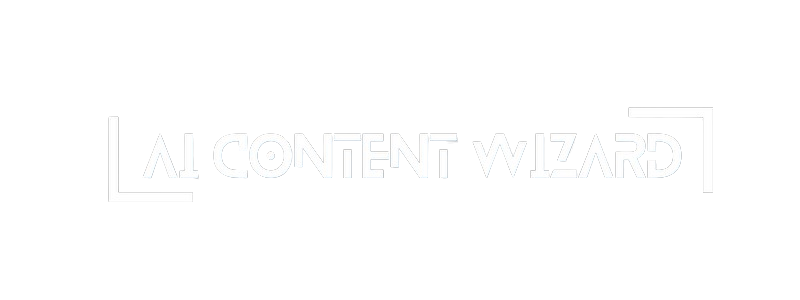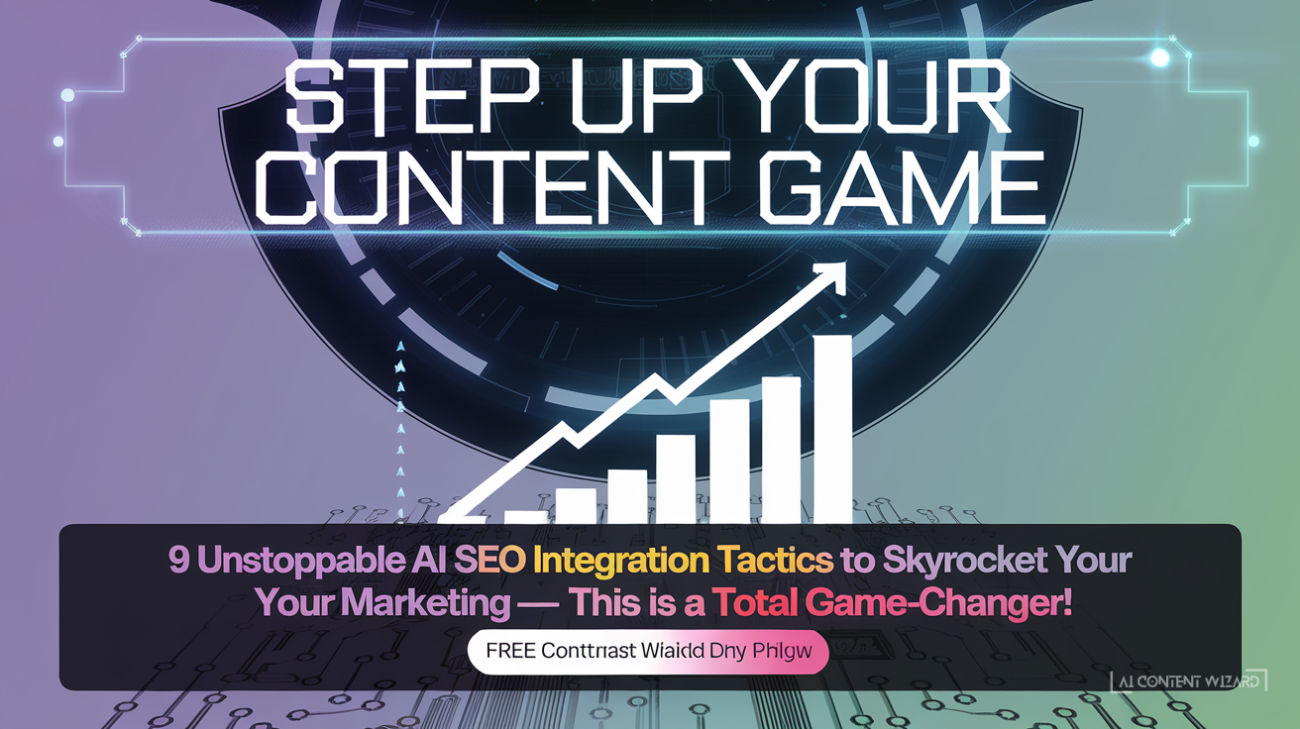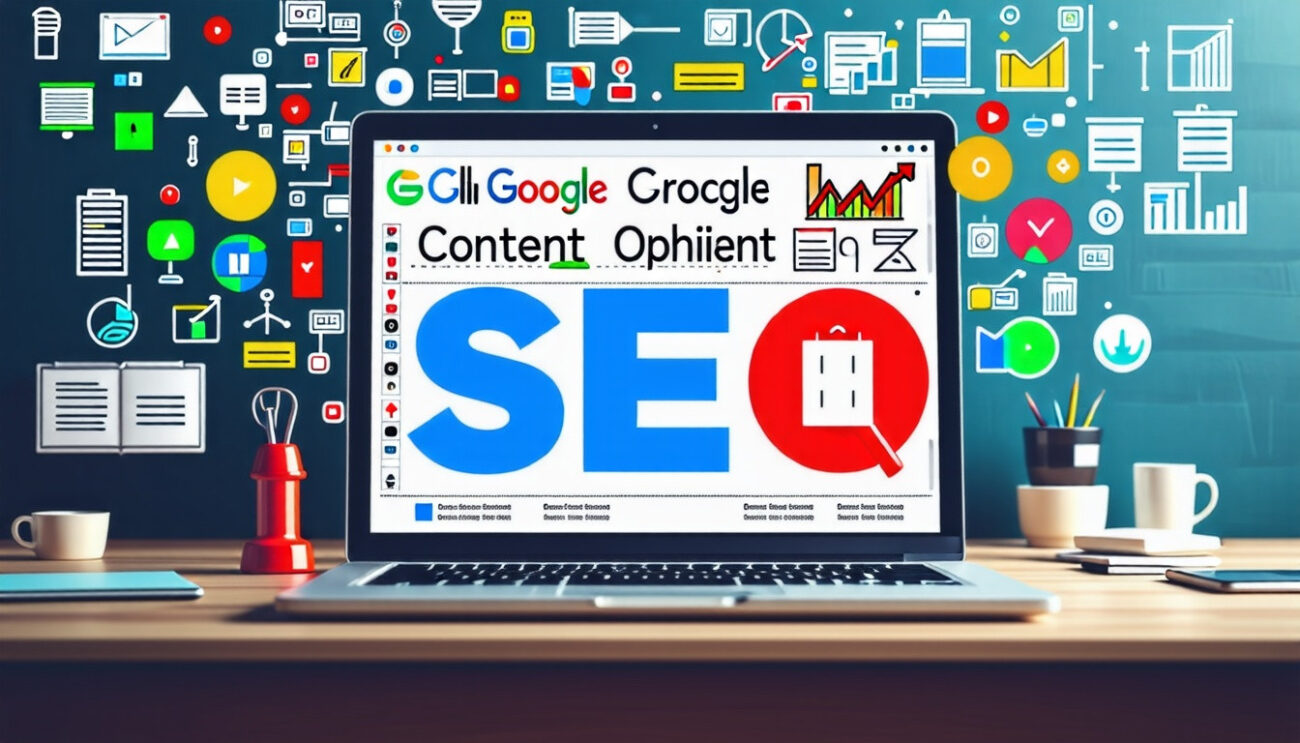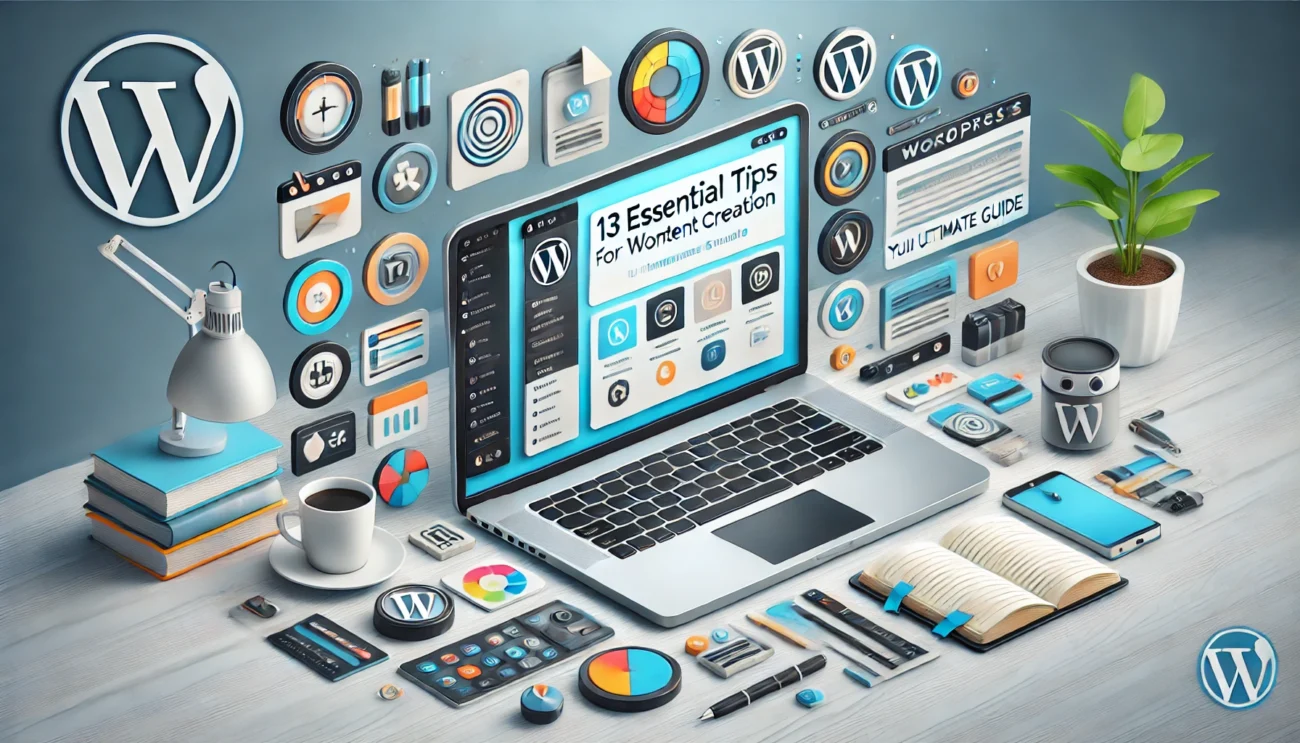Is Automatic Content Creation the Future of Content Marketing?
Is Automatic Content Creation the Future of Content Marketing?
The landscape of content marketing is evolving at a pace that can be both exciting and daunting. At the forefront of this evolution is the concept of automatic content creation. But what exactly does this mean for the future of content marketing? In this guide, we will explore the intricacies of automatic content creation, its potential benefits and limitations, and whether it truly has a place in the future of digital marketing strategies.
Understanding Automatic Content Creation
Automatic content creation involves the use of artificial intelligence (AI) and machine learning technologies to produce content with minimal human intervention. This technology can generate written articles, blog posts, social media updates, and more. According to a recent study by Content Marketing Institute, over 70% of marketers report AI is integrated into their content strategies to some extent, revealing a significant shift towards automation.
AI-driven tools mimic human writing styles and patterns, enabling brands to produce content quickly and efficiently. The rise of AI content tools has made this technology increasingly accessible, allowing businesses of all sizes to enhance their content marketing efforts.
Benefits of Automatic Content Creation
As with any technology, automatic content creation has its strengths. Here are some key benefits:
- Cost Efficiency: Automation drastically reduces the costs associated with hiring multiple writers, especially for companies that require large volumes of content.
- Time-Saving: With AI tools, content can be generated in minutes, freeing up valuable time for marketers to focus on other strategic initiatives.
- Consistency: Automated content creation ensures a uniform voice and style, crucial for brand identity.
- Scalability: As businesses grow, so does their content needs. Automated solutions can easily scale with the business.
- Data-Driven Insights: Automatic content creators analyze user data to produce tailored content for unique audiences, enhancing engagement levels.
Limitations and Challenges

Despite its benefits, automatic content creation is not without challenges. Here are some concerns that marketers should consider:
- Quality Control: While AI can generate content quickly, it sometimes lacks nuanced understanding, leading to inaccuracies or less engaging content.
- SEO Limitations: Content created by AI may not always be optimized for search engines effectively compared to that curated by skilled content marketers.
- Lack of Originality: There’s a risk that AI may produce repetitive content that fails to provide unique value, detrimental to brand differentiation.
- Audience Connection: Automated content, lacking emotional nuance, may resonate less with targeted audiences compared to human-generated pieces.
Real-Time Data and Insights
Marketers can leverage machine learning algorithms that analyze vast data sets to understand what content resonates best with audiences. According to a 2023 report from Forbes, up to 80% of consumers prefer personalized content. AI facilitates this by identifying trends and creating targeted content at scale.
Is Automatic Content Creation the Future?
Many industry leaders, like Samantha Smith, the CEO of a top digital marketing agency, argue, “Automatic content creation isn’t just a trend; it’s a revolutionary step forward in content marketing.” With the ability to produce targeted content faster and at a lower cost, one could say the paradigm shift is underway.
However, the human element of storytelling and marketing cannot be completely replaced. There’s an inherent value in emotional storytelling that AI currently cannot replicate completely. A quote by Bob Schmonsees, an AI researcher, sums it up aptly: “AI can draft content, but emotional resonance still requires a human touch.”
One solution is a hybrid approach, where automatic content tools support human writers rather than replace them. By combining human creativity with AI precision, businesses can achieve a more robust content strategy. An article on AI Content Wizard 4.0 explores this hybrid model in depth.
Successful Examples of Automatic Content Creation
A number of brands have embraced automatic content creation successfully. Here are a few notable examples:
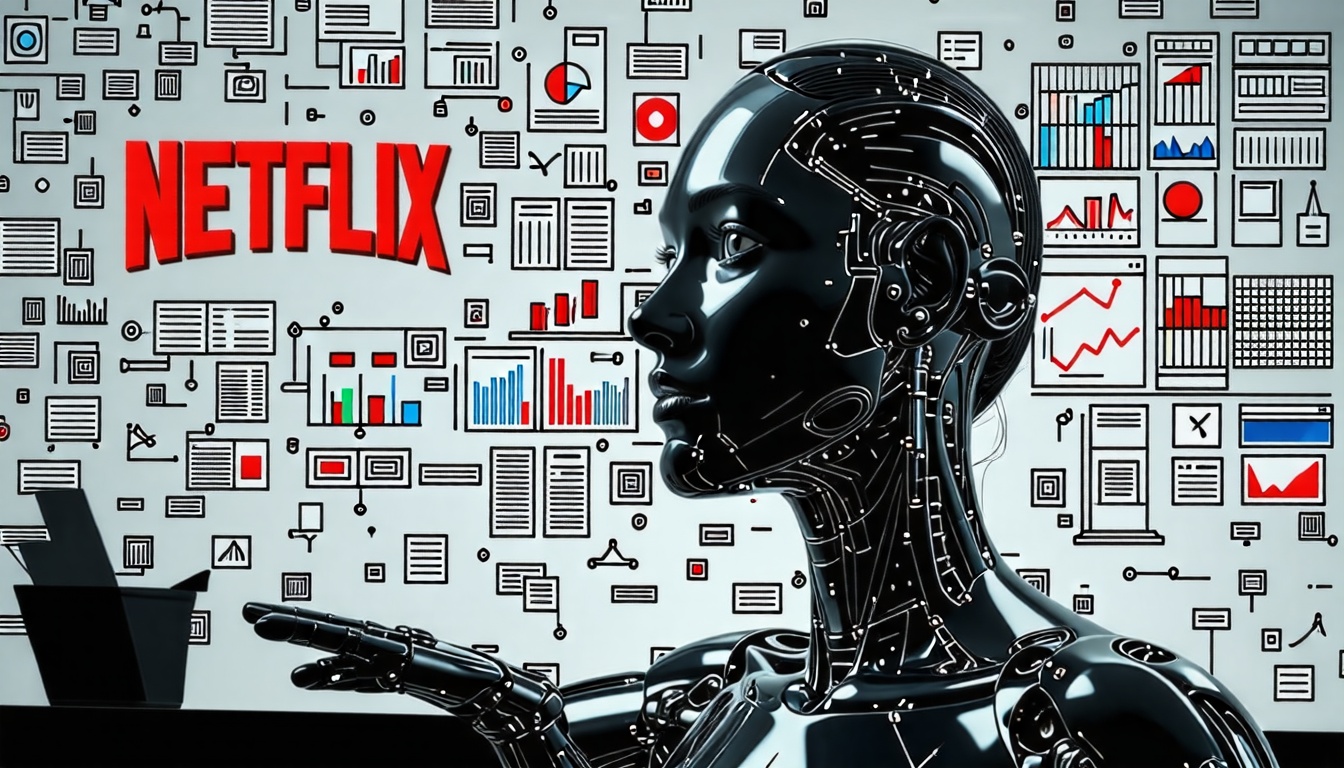
- Netflix: Uses AI algorithms to generate synopses for millions of shows, optimizing them for user engagement.
- Bloomberg: Their automated journalism AI generates financial reports and articles in a matter of seconds.
- Yahoo: They create thousands of product descriptions using machine learning, improving the shopping experience for users.
Integrating Automatic Content Creation into Your Strategy
As you consider incorporating automatic content creation into your content marketing strategy, keep the following steps in mind:
- Identify Your Goals: Determine what types of content you want to generate and the specific outcomes you hope to achieve.
- Choose the Right Tools: Research and select automation tools that align with your brand’s needs. Many options, such as content generation platforms, can help streamline your workflow.
- Maintain Quality Control: Always review AI-generated content to ensure it meets your standards for quality and accuracy.
- Monitor Performance: Use analytics to track the performance of the content produced and adjust your strategy based on insights gathered.
Conclusion: A Blend of Technology and Human Creativity
As we delve into the future of content marketing, it’s clear that automatic content creation is not a mere trend but a pivotal aspect of modern marketing strategies. The convergence of AI technology and human creativity offers businesses unprecedented opportunities while also presenting unique challenges.
In summary, while automatic content creation stands to revolutionize how content is produced, it should complement rather than replace the skillful art of storytelling. As stated by Alan Turing, “We can only see a short distance ahead, but we can see plenty there that needs to be done.” Whether AI becomes the mainstay of content marketing or remains a tool that fuels creativity will ultimately depend on how businesses adapt and evolve in the digital age.
To further explore the implications of AI on content marketing, check out other insightful articles that delve into the intricacies of AI tools at Website Content Blueprint and experience the revolutionary features of the AI Content Wizard 4.0.
